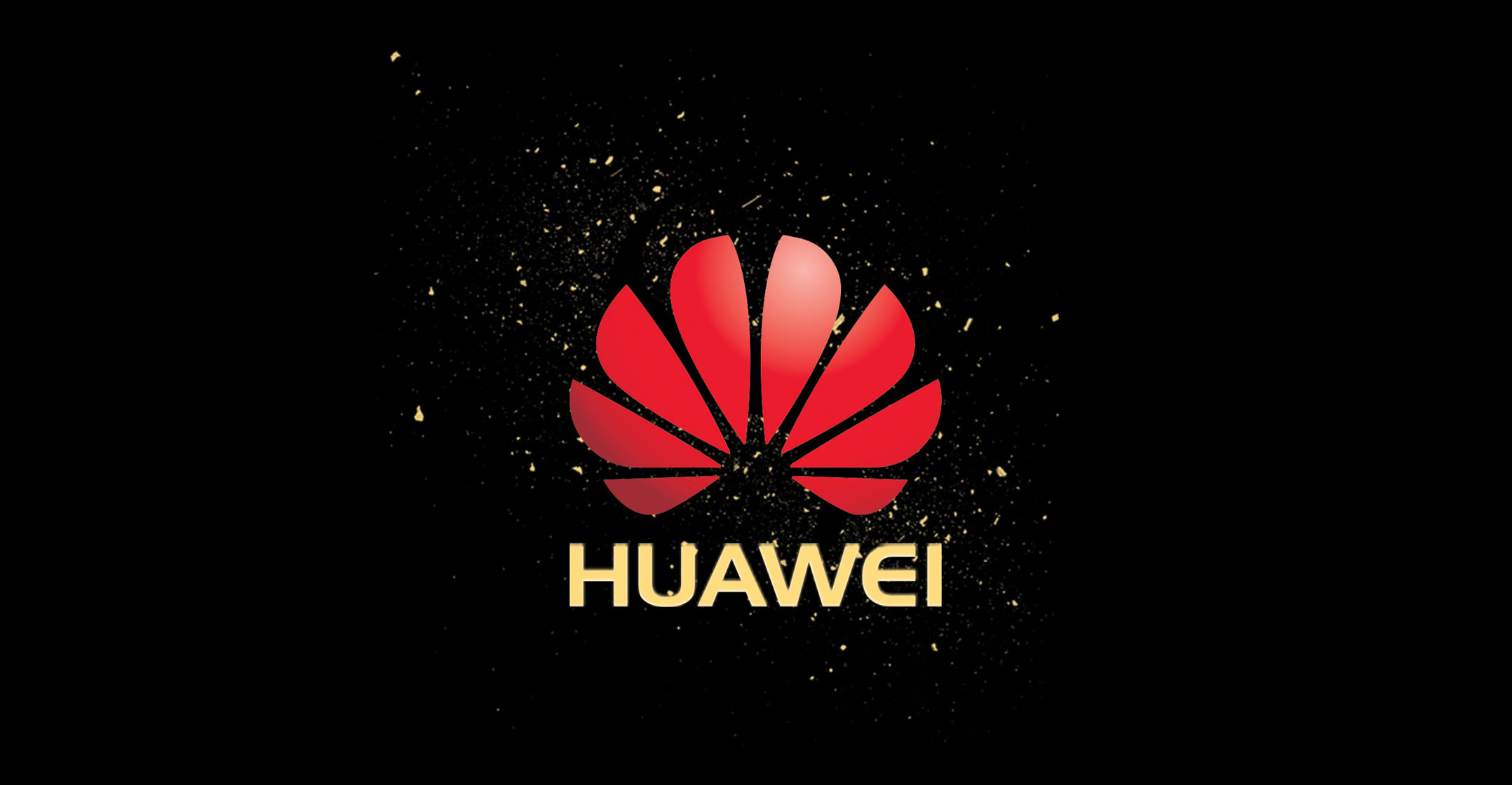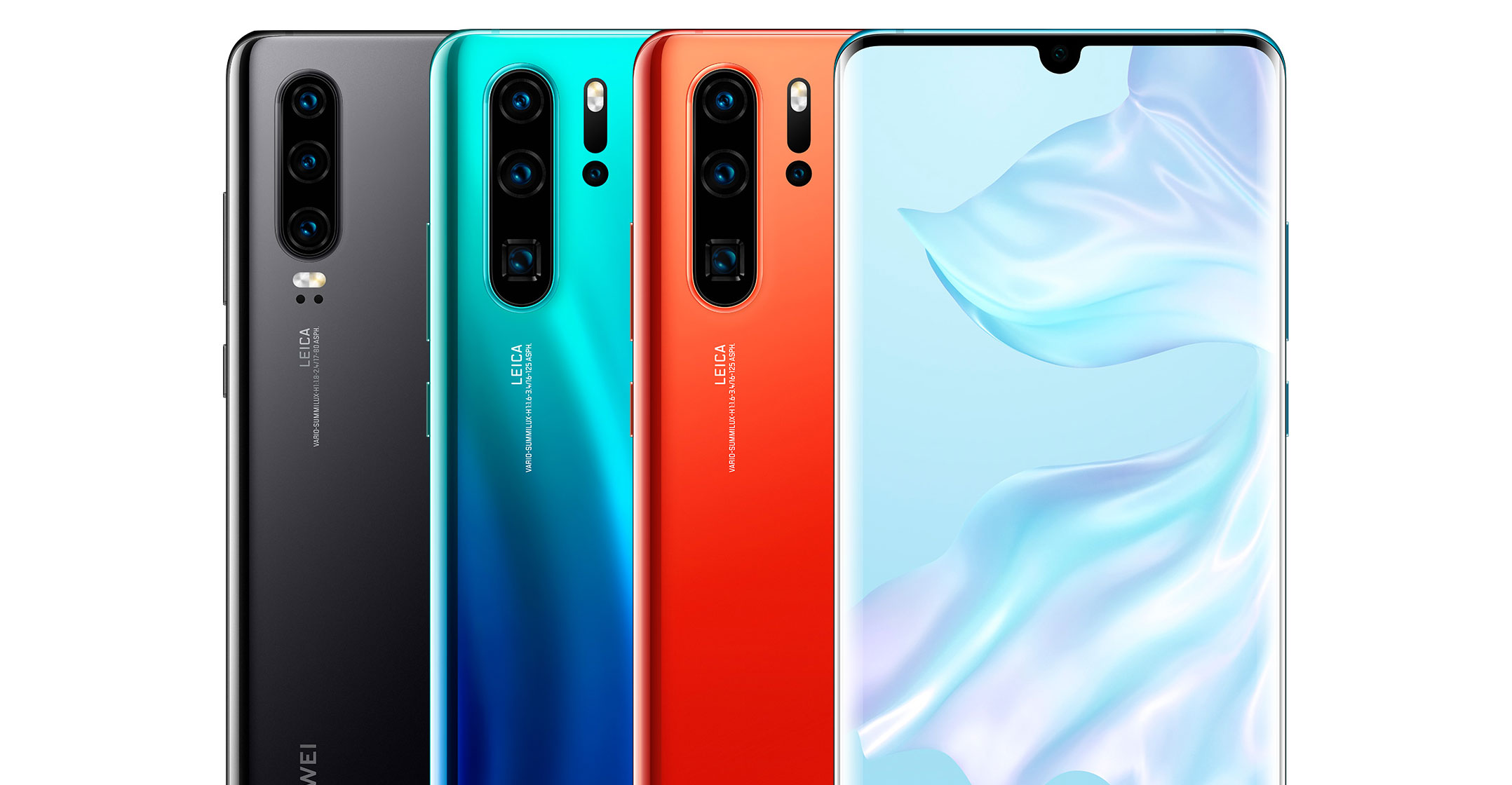 As Huawei comes under unrelenting pressure from the Trump administration, the Chinese telecommunications giant has one advantage that the US can’t undermine: a vast, global portfolio of patents on critical technology.
As Huawei comes under unrelenting pressure from the Trump administration, the Chinese telecommunications giant has one advantage that the US can’t undermine: a vast, global portfolio of patents on critical technology.
Huawei holds 56 492 active patents on telecoms, networking and other high-tech inventions worldwide, according to Anaqua’s AcclaimIP. And it’s stepping up pursuit of royalties and licensing fees as its access to American markets and suppliers is being restricted.
The company is in protracted licensing talks with phone services provider Verizon Communications and is in a dispute with chip maker Qualcomm over the value of patents. Huawei also lodged claims against Harris after the defence contractor sued it last year alleging infringement of patents for networking and cloud security.
“Patents are, at their basic level, weapons of economic warfare,” said Brad Hulbert, a patent lawyer with McDonnell Boehnen Hulbert & Berghoff in Chicago. “They’re being hurt by the sanctions that the Trump administration imposed and saying, ‘You have hurt us and our ability to sell, and we can hurt back.’ It’s saber-rattling.”
Broader national security concerns also hang over this technology battle. In some circles, Huawei’s outsized role as a supplier to next-generation 5G networks makes it a potential threat either as an espionage agent or network disruption tool. Huawei has not only become a flashpoint in the middle of a 5G arms race, it’s also one of several companies targeted in President Donald Trump’s ongoing trade dispute with China.
Trump signed an order in May that’s expected to restrict Huawei from selling equipment in the US. Shortly after, the department of commerce said it had put Huawei on a blacklist that could forbid it from doing business with American companies.
Potent symbol
For its part, the Asian nation sees Huawei as a potent symbol of its evolution from the world’s factory to a technology powerhouse, while the US claims the tech company steals inventions from American firms.
“Huawei has invested a lot of money and they want to be recognised,” said Jim McGregor, a Mesa, Arizona-based technology analyst with Tirias Research. “Huawei is just playing out standard business practices for the wireless industry.”
Patent disputes are common in the tech industry, and the coming revolution predicted by advances in “5G” wireless technology promises to bring even more. Traditional players such as Ericsson and Nokia are ramping up efforts to get more money from their patents. Qualcomm is appealing a ruling in a lawsuit by the US Federal Trade Commission that threatens the licensing programme that accounts for the bulk of its profits. Huawei and Samsung Electronics ended a two-year royalty fight in February.
Qualcomm and Huawei are seen as two of the biggest players developing 5G that could bring not only faster speeds but bring new capabilities including remote surgery via robots and self-driving cars that talk to each other. The global ban on Huawei equipment promoted by Trump has roiled telecoms companies worldwide. It’s a reminder, McGregor said, that 5G relies on both the US and China.
 “Huawei, over the past couple of years, has really ramped up its efforts in not only patents but in the standard bodies, particularly in wireless technology,” McGregor said. “They can say, ‘Whether you’re using our equipment or Ericsson’s equipment, you’re using our inventions. You still have to take a licence.’”
“Huawei, over the past couple of years, has really ramped up its efforts in not only patents but in the standard bodies, particularly in wireless technology,” McGregor said. “They can say, ‘Whether you’re using our equipment or Ericsson’s equipment, you’re using our inventions. You still have to take a licence.’”
The Chinese government and companies have been investing billions in high-tech research, and have the patents to show for it. Last year alone, Huawei received 1 680 US patents, making it the 16th biggest recipient, figures by Fairview Research’s IFI Patent Claims Services show. Huawei’s total portfolio of active patents and published applications is 102 911, according to Anaqua, an intellectual property management software firm.
Royalty demands against cellphone carrier Verizon by Huawei, reported on Wednesday by the Wall Street Journal, could be become part of the political battle, said Peter Toren, a Washington-based patent lawyer who consults with other firms and companies on licensing and litigation.
“Given Huawei’s position and the pressure they are feeling, they have nothing to lose at this point than to go after American companies in the patent arena,” Toren said. “They get poked in one area and they’re going to stick back in another to show there are consequences for this continued pressure.
“I don’t see how the government can stop them,” he said. “They have ownership in the patents.”
Verizon, while declining to comment on specific talks, sees the negotiations as more than just a typical patent-licensing discussion.
“These issues are larger than just Verizon,” the company said in a statement. “Given the broader geopolitical context, any issue involving Huawei has implications for our entire industry and also raise national and international concerns.”
Officials with Huawei had no immediate comment.
Makes sense
McGregor said it makes sense for Huawei to demand royalties from Verizon because it’s the largest cellphone carrier in the US. Verizon claims it’s the first to offer speedy new 5G services for mobile phones, though it’s only available in a limited area.
“If they don’t go to them within a reasonable amount of time and at least try to enforce those patents, those patents become unenforceable,” McGregor said. “You have to pick a starting point. It’s better to pick one of the major players and it makes sense to pick one of those who’s rolling out that technology.” — Reported by Susan Decker, with assistance from Ian King and Scott Moritz, (c) 2019 Bloomberg LP




